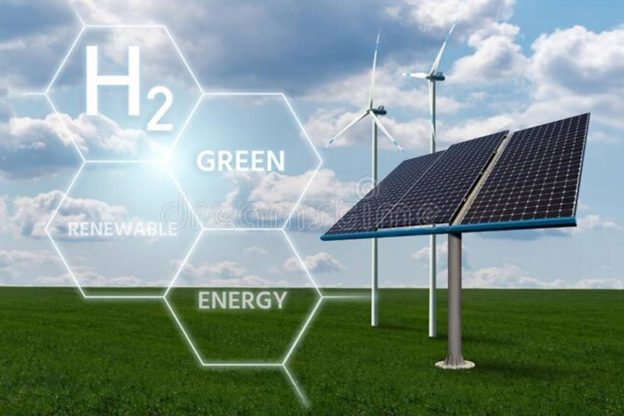After vetoing US subsidies for clean hydrogen, Manchin seeks billions of federal dollars for fossil-fuel H2 in home state
The key Democrat swing voter in the Senate, along with Republicans colleagues, wants to build a ‘clean hydrogen’ hub in West Virginia based on coal and natural gas
President Joe Biden’s landmark $2trn climate legislation, the Build Back Better bill, was recently declared dead by Joe Manchin, the Democratic senator for conservative West Virginia whose key swing vote is needed to pass most legislation in the 50-50 Senate.

Among the $500bn of incentives for renewable energy and climate action included in the bill was a generous tax credit for clean hydrogen production that would instantly make green and blue H2 competitive with the highly polluting grey variety.
Now the 74-year-old, who is a multi-millionaire thanks to his local coal investments, is seeking billions of federal dollars to make West Virginia one of four clean-hydrogen hubs outlined in the bipartisan Infrastructure Investment and Jobs Act.
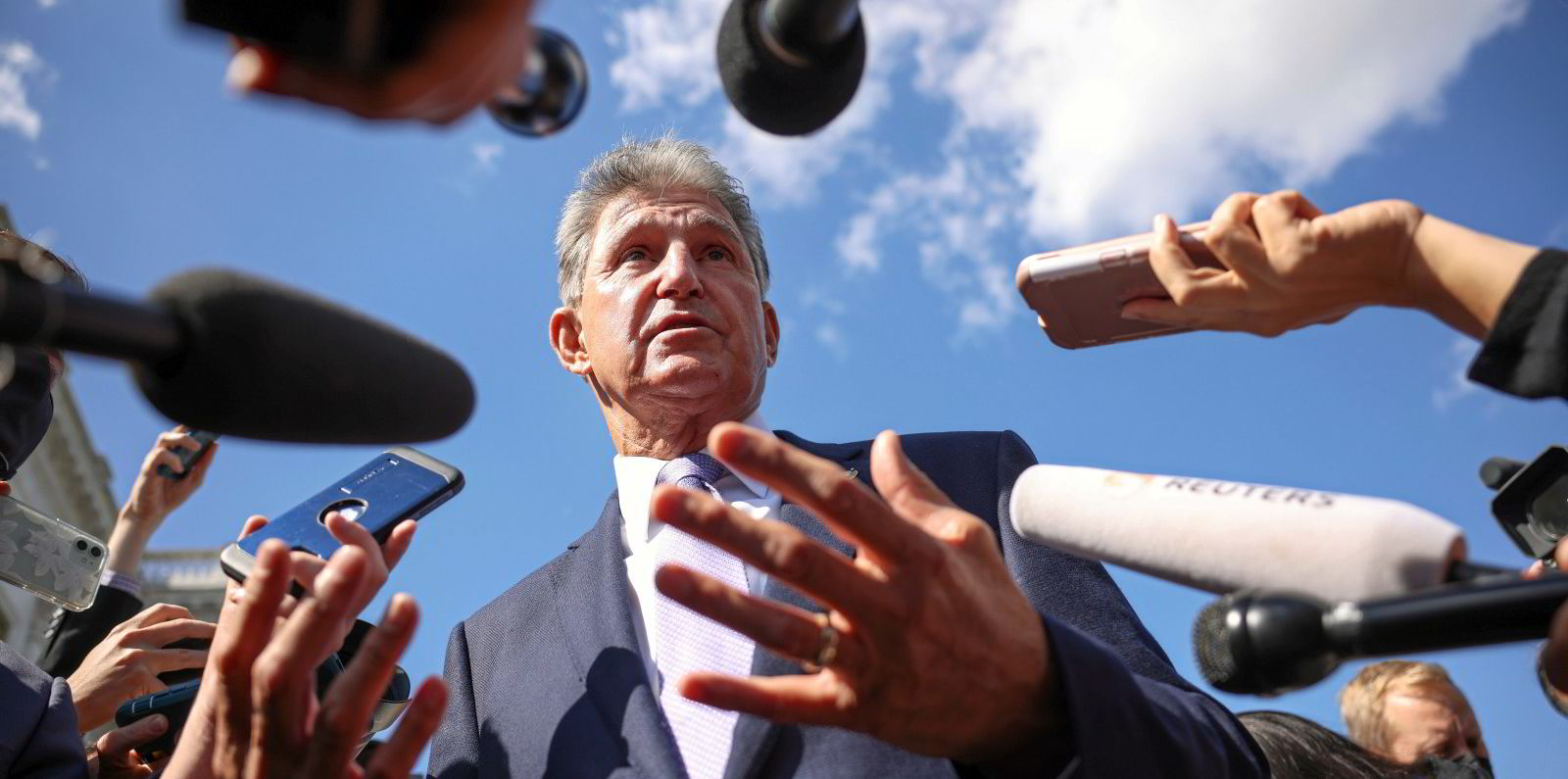
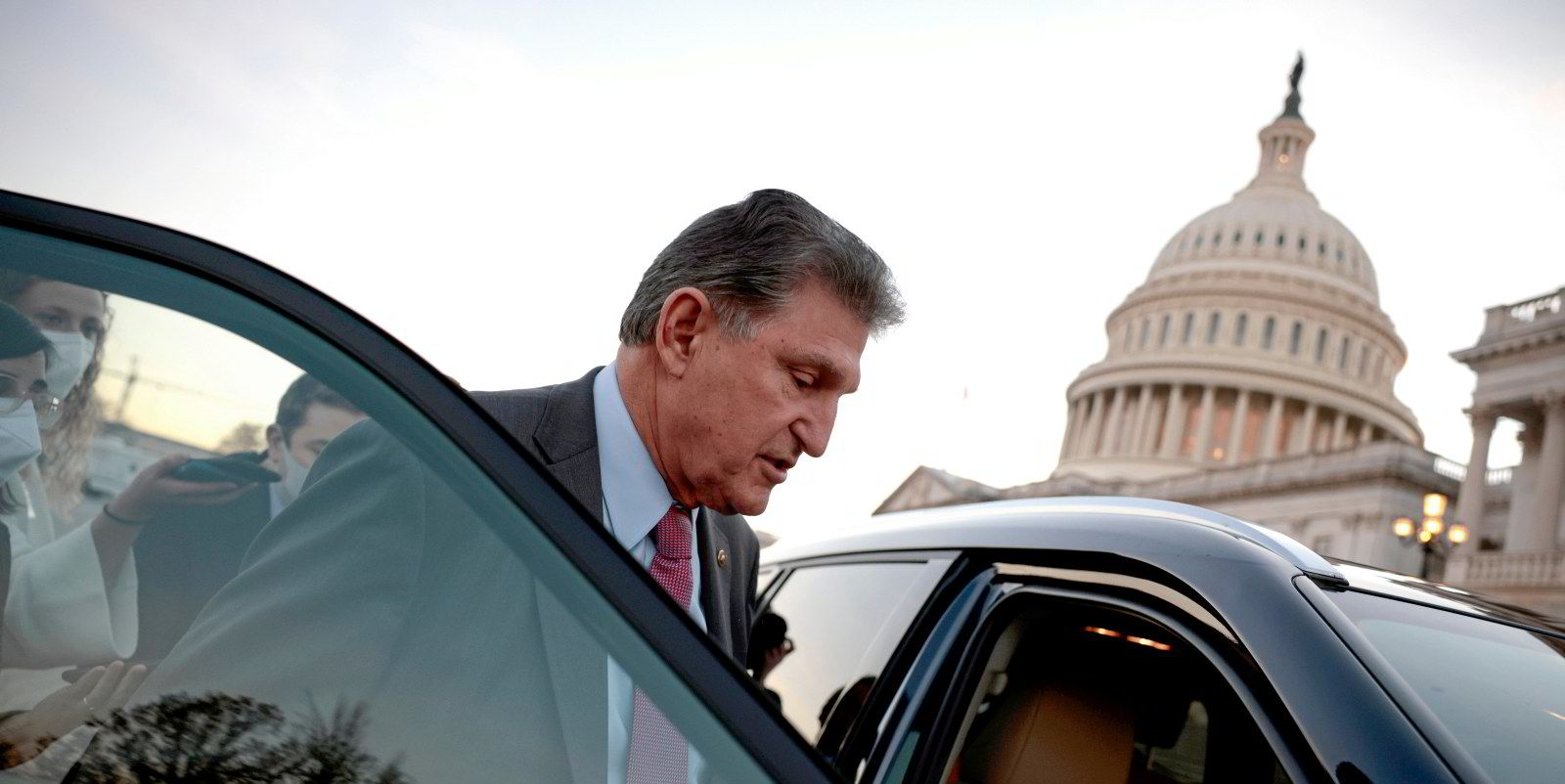
That legislation, which was passed last summer after Manchin’s input, allocates $8bn in 2022-26 to help establish at least four regional clean hydrogen hubs, and calls upon the Energy Secretary to select at least one hub proposal from three sources: renewables, nuclear energy and fossil fuels.
For the latter, carbon capture and storage (CCS) would be needed to meet the act’s clean hydrogen criteria of emitting less than 2kg of CO2 equivalent for every kilogram of blue H2 produced. (“Blue hydrogen” is derived from fossil fuels with CCS.)
This week, the Department of Energy (DOE) launched a request for information “to collect feedback from stakeholders to inform the implementation and design” of the regional hydrogen hub programme.
Some lawmakers — including Manchin and his Democrat rival, New York senator Chuck Schumer — have taken that to mean the first step in the hub selection process, and immediately launched campaigns to access billions of dollars of federal cash.
Together with Republicans officials — Senator Shelley Moore Capito, Representative David McKinley and Governor Jim Justice, Manchin has launched the West Virginia Hydrogen Hub Working Group “to collaborate and support a strong West Virginia candidate to be chosen to develop a hydrogen hub”.
McKinley said a West Virginia hydrogen hub would “create good jobs and allow us to leverage our existing natural gas and coal resources”.
West Virginia is the second-largest coal-producing state in the US, and the eighth-largest fossil-gas producer.
“With our abundant energy sources and strong partnerships, our state is uniquely situated to compete for DOE funding to develop a hydrogen hub, as provided through my bipartisan Infrastructure Investment and Jobs Act [Recharge’s italics],” added Manchin.
This could be something of a conflict of interest for Manchin, who has made millions of dollars from local coal investments, and still holds millions of dollars of coal stocks. In 2020, he made almost $500,000 from his shares in Enersystems, a privately-held coal and natural gas company where he served as the president in the 1990s.
“West Virginia has forever been known as one of the world’s leading energy powerhouses, and we want to do everything in our power to make sure we continue to be just that for centuries to come [Recharge’s italics],” said Governor Justice.
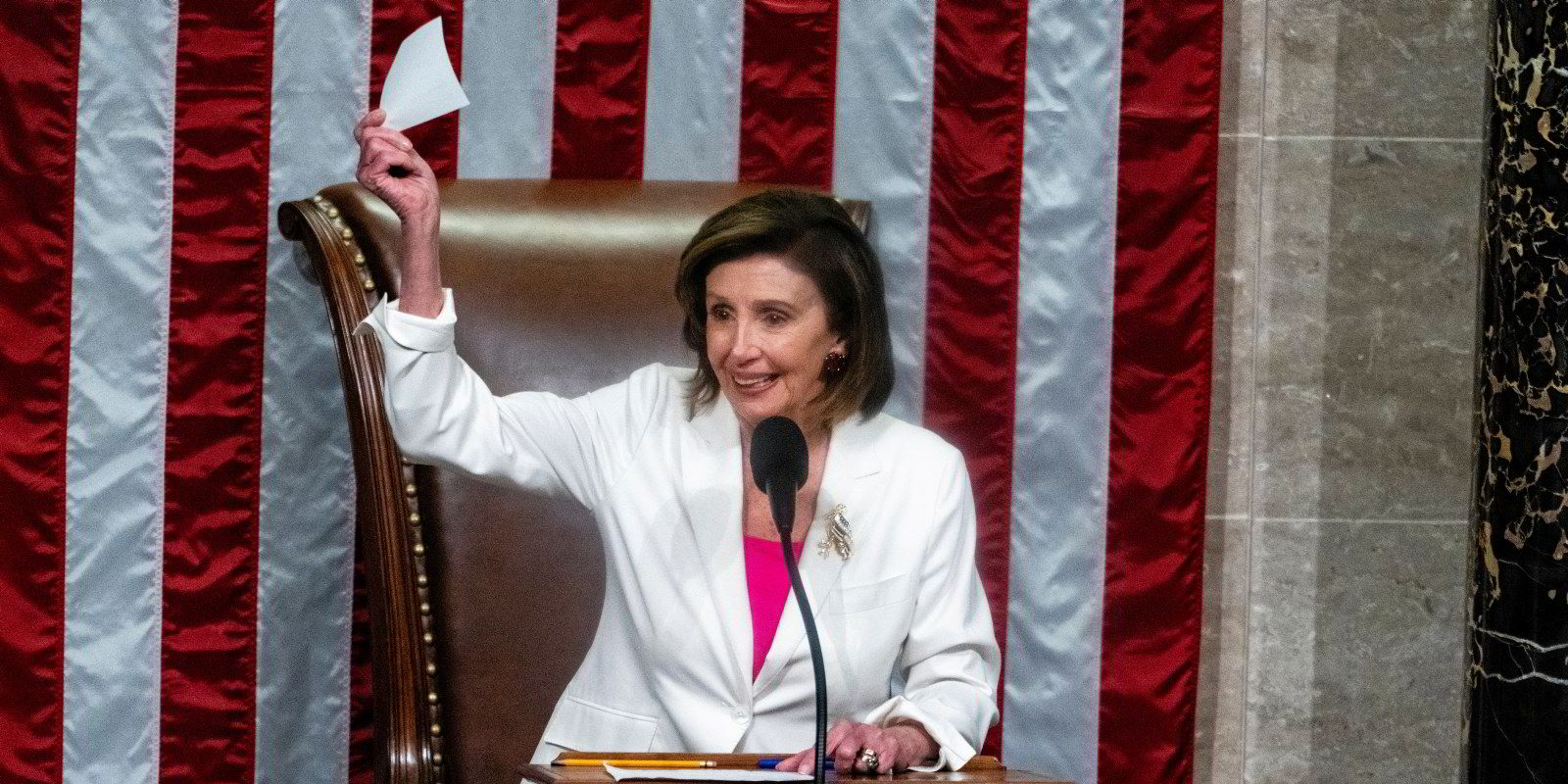
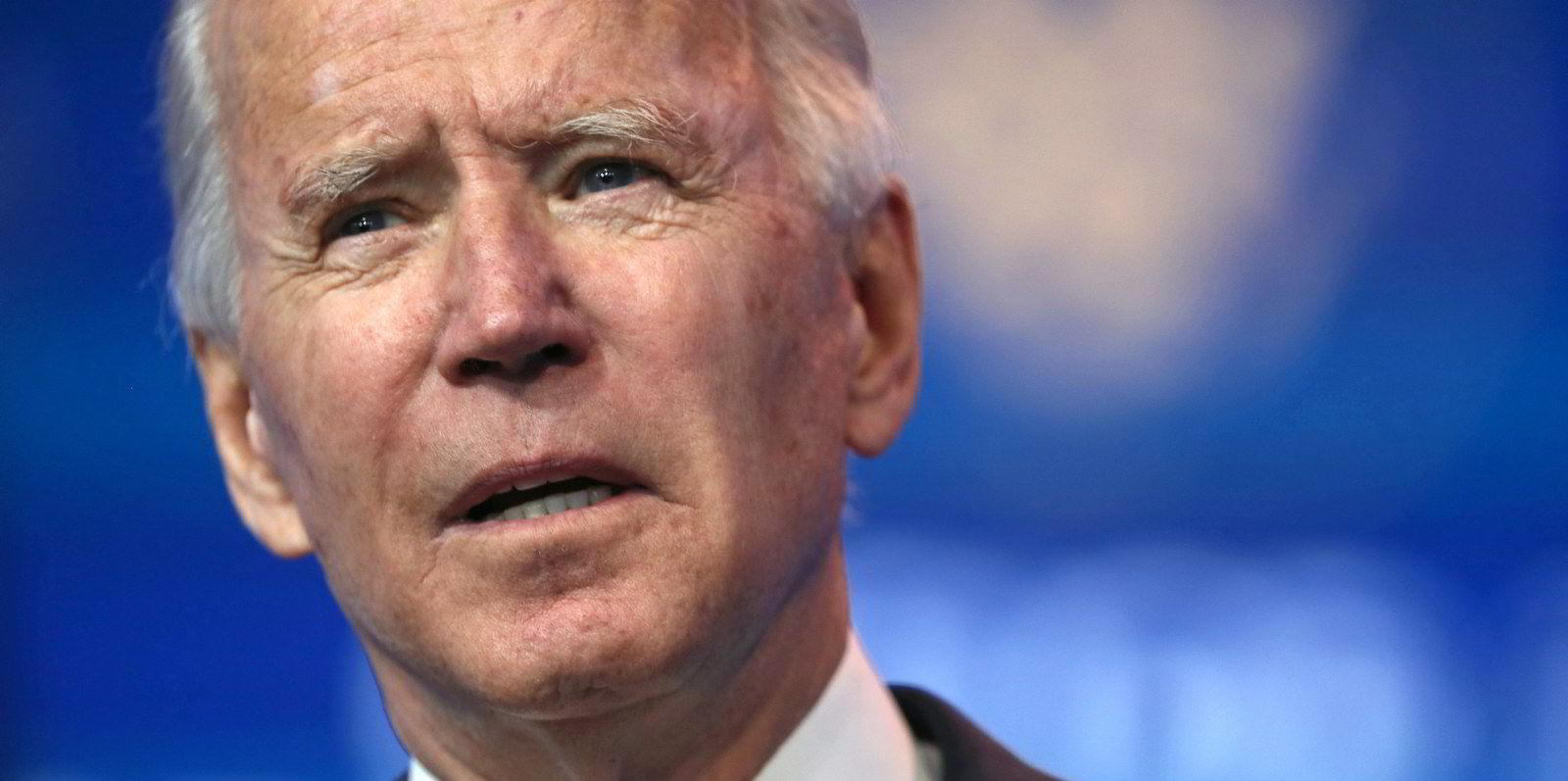
Just let that sink in for a moment — the state governor wants to use federal taxpayer money to ensure that West Virginia can use coal and natural gas for hundreds of years. Now let this sink in. Justice is a billionaire who inherited a coal empire from his father and owns more than 50 coal mines, many of which are in his home state.
The trouble with blue hydrogen
Setting aside the obvious conflicts of interest, any blue hydrogen produced in West Virginia is unlikely to be very clean.
To start with, it is only possible to capture 85-90% of the carbon emissions from the traditional steam methane reformation (SMR) hydrogen-production process, with similar levels for H2 derived from coal gasification. It is possible, however, to increase the capture rate for methane hydrogen to 95-99% through a more expensive and less common process called autothermal reforming.
One study last year concluded that blue H2 was worse than burning gas or coal from a climate perspective, while another said it would be comparable to green hydrogen if methane leaks were minimised.
And it’s worth pointing out that hydrogen from coal produces double the CO2 emissions as H2 from natural gas.
But the biggest problem for blue hydrogen is the upstream methane emissions and leaks. Methane is 86 times more powerful a greenhouse gas than CO2 over a 20-year period, and it often leaks.
According to a 2019 study in the Science of the Total Environment journal, methane emissions from oil and gas wells in West Virginia were seven times higher than US Environmental Protection Agency estimates.
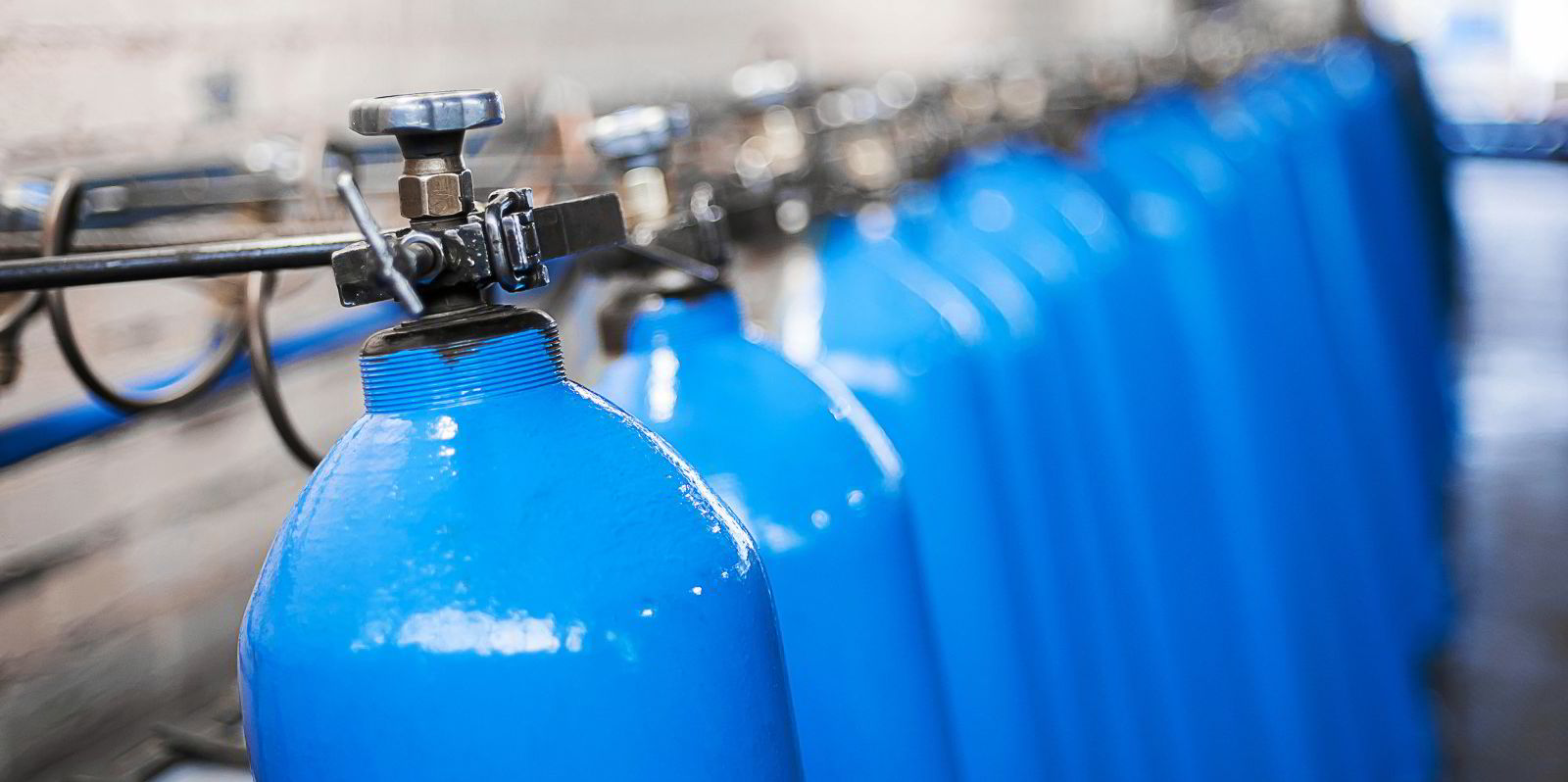
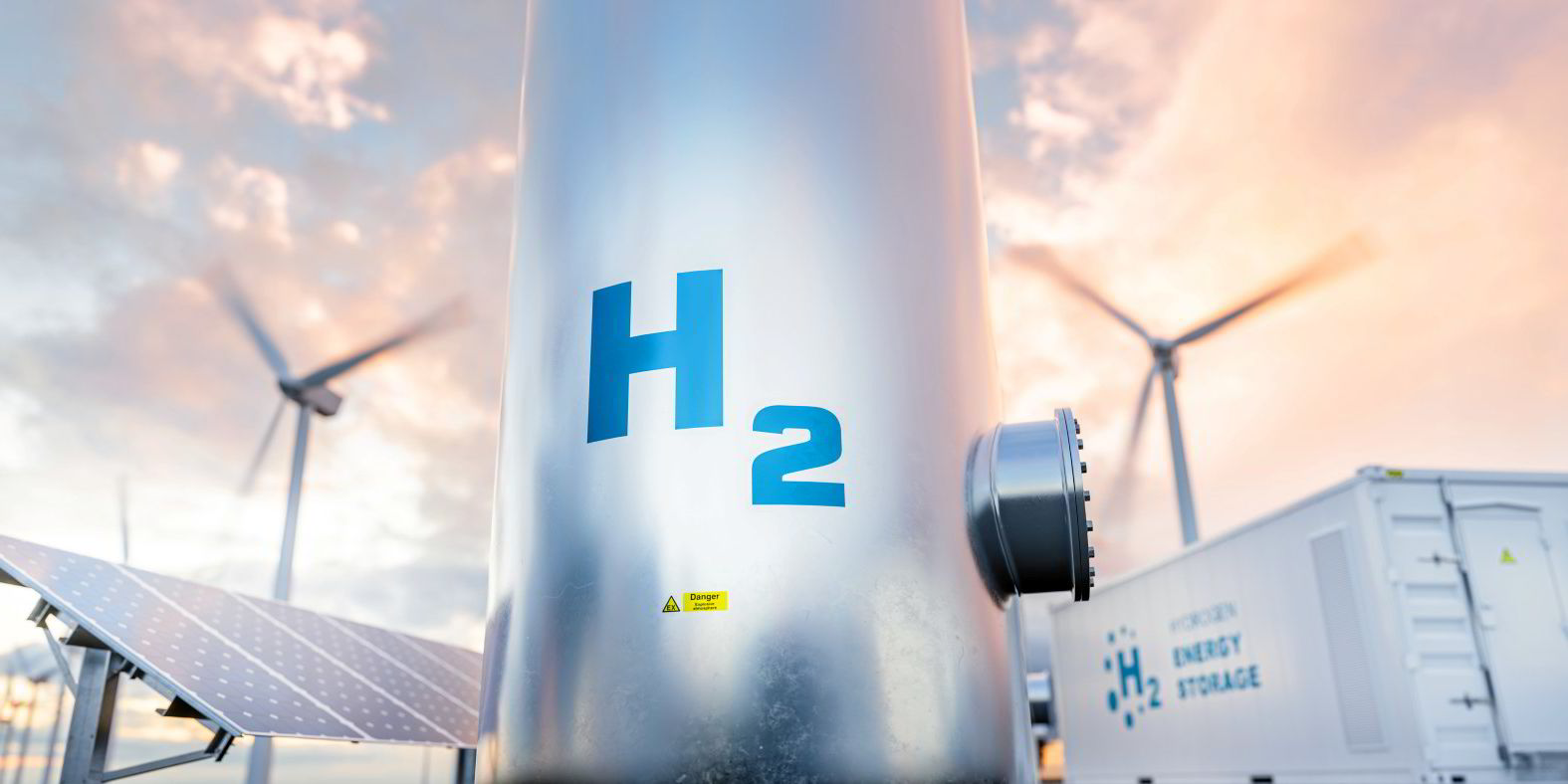
Other peer-reviewed studies found that methane emissions from low-producing gas wells in the state amounted to 9% of their gas production.
Methane also leaks from coal mines. According to the International Energy Agency, 40.5 million tonnes of coal-bed methane leaked from operational mines around the world in 2020.
And according to a 2018 report by the Mine Safety and Health Administration, a government agency within the Department of Labor, one West Virginian mine, known as Pinnacle, was releasing more than 111,000 cubic metres of methane into the air every day.
Energy Secretary Jennifer Granholm now has two big questions to answer when considering Manchin and friends’ application.
The first is whether upstream emissions count towards the 2kgCO2/kgH2 figure. If it does, then it’s highly unlikely that West Virginia would meet the legislation’s criteria. For that matter, nor would any other US state.
The second is whether the Biden administration could offer Manchin a quid pro quo in return for allocating billions of dollars of funding to a West Virginia hydrogen hub — something along the lines of “vote for this bill and we’ll give you X in return”.
President Biden is desperate for a big legislative win ahead of midterm elections in November, when the Democrats could lose the Senate and the House, and Manchin is arguably the biggest obstacle in his path.
The deadline for responses for the hydrogen hubs request for information is 8 March. That could leave enough time for Biden and Granholm to get Manchin on board with some climate legislation before handing him the West Virginia hydrogen hub — if that is a trade-off that the Democrats, and perhaps the planet, are willing to take.
https://www.rechargenews.com/energy-transition/after-vetoing-us-subsidies-for-clean-hydrogen-manchin-seeks-billions-of-federal-dollars-for-fossil-fuel-h2-in-home-state/2-1-1169803?utm_source=email_campaign&utm_medium=email&utm_campaign=2022-02-17&utm_term=recharge&utm_content=hydrogen




